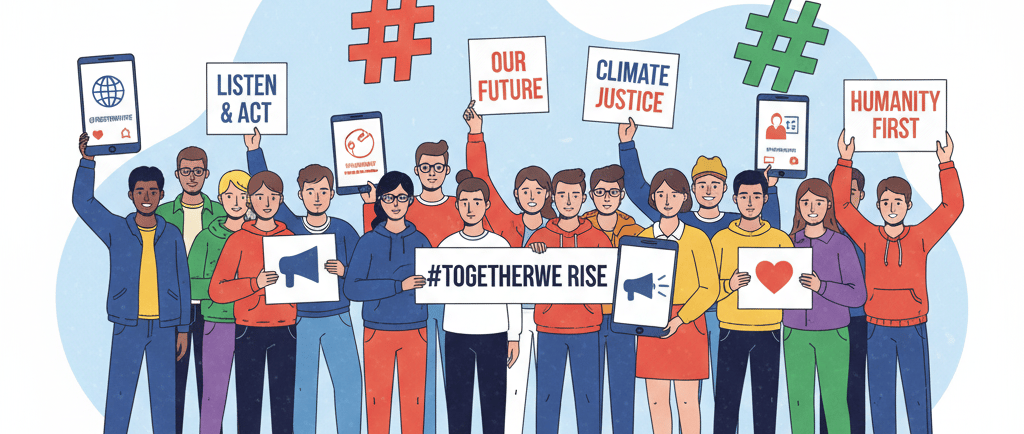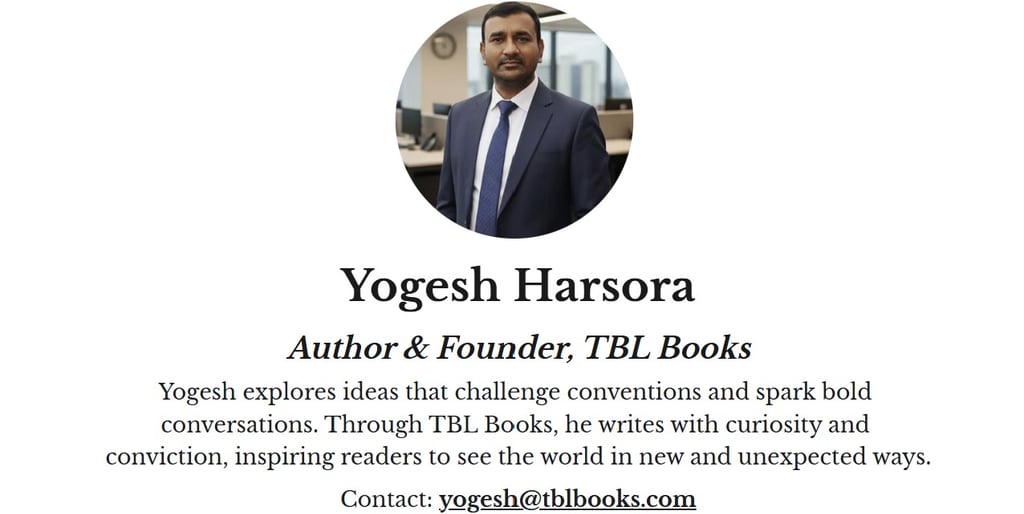Democracy in the Age of Hashtags: Politics Beyond the Ballot
Explore how hashtags, memes, and social media activism are reshaping democracy — from echo chambers to viral movements that spark awareness and change.
POLITICS


Democracy in the Age of Hashtags: Politics Beyond the Ballot
Introduction: Politics Has Gone Digital
Once upon a time, politics happened in parliaments, protest marches, and ballot boxes. Today, much of it happens in hashtags, memes, and trending videos. The hashtag is the new rallying cry, the meme is the new political cartoon, and the smartphone is the new megaphone.
But here’s the question: is this online noise strengthening democracy, or is it just creating the illusion of participation?
Hashtags as Political Movements
Every major social or political shift of the past decade has had its own hashtag: #MeToo, #BlackLivesMatter, #ArabSpring. Social media has given ordinary people a powerful voice to organize and demand accountability.
But while hashtags can ignite awareness, can they sustain momentum? Too often, the trend lasts for 48 hours before fading into digital history. The challenge is transforming temporary online energy into lasting structural change.
Influencers: The New Politicians?
Not long ago, citizens turned to journalists, scholars, or elected officials for commentary. Now, it’s the YouTuber with a million subscribers, the TikTok creator with flashy edits, or the Twitter personality with witty one-liners.
Influencers may reach more people than politicians, but they lack accountability. Politics risks becoming entertainment — where popularity replaces policy and truth risks being replaced with “likes.”
The Attention Span Problem
Complex issues like climate change, healthcare, or education reform can’t fit neatly into 280 characters or a 15-second reel. Yet that’s where much of the political conversation now lives.
Voters don’t read 100-page manifestos anymore. They consume one-line tweets or meme summaries. Democracy has always relied on informed citizens, but can citizens stay informed when attention spans are shorter than a TikTok clip?
The Global Echo Chamber
Social media promised us a global conversation. Instead, it often delivers bigger echo chambers. Algorithms feed us content we already agree with, reinforcing biases rather than challenging them.
People believe they’re seeing “the whole truth,” but they’re really seeing a customized reality. Democracy was designed to be messy and diverse; digital politics risks turning it into an endless feedback loop.
Real Power: Beyond the Screen
Still, social media has undeniably forced governments and corporations to respond faster. Online campaigns have saved lives, exposed corruption, and shaped global awareness.
But hashtags alone cannot pass laws, build infrastructure, or enforce justice. Real change still requires legislation, grassroots organizing, and leaders willing to act beyond the digital stage. Hashtags open the door; action walks through it.
Conclusion: Citizens in the Digital Age
Politics today lives in memes, hashtags, and viral videos. This can be empowering, but it can also be dangerous if we confuse visibility with victory.
If citizens use social media as a tool — not a substitute — and demand accountability from both politicians and influencers, democracy may come out stronger. The responsibility isn’t just on platforms or leaders — it’s on us.
Because in the end, democracy doesn’t survive on hashtags alone. It survives on people who care enough to go beyond them.



